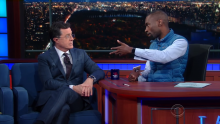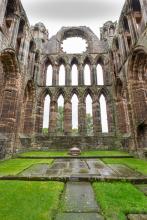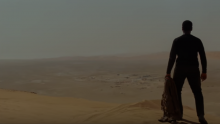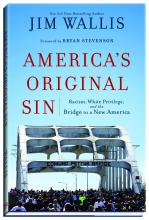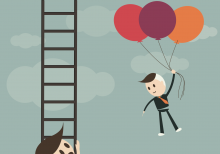Washington, DC - Speaking this morning on MSNBC’s “Morning Joe” program, Reverend Jim Wallis addressed the current crisis in Flint, MI by saying “Race is in the air we breathe and in the water we drink in Flint … I don’t think if it was 8000 white kids this would’ve happened."
Rev. Wallis was in New York to discuss his latest book, released this week, America’s Original Sin: Racism, White Privilege, and the Bridge to a New America (Brazos Press).
“If white Christians acted more Christian than white, black parents would have less to fear for their children,” says Rev. Wallis in the book.
Rev. Wallis, an evangelical, also addressed the GOP primary this week, saying on CNN’s “Newsroom” (segment begins 9:28:43) that “When he is deliberately fueling racial fear and hatred, Donald Trump is poisoning and polluting the American political landscape."
CNN polled Iowa GOP caucus-goers after the 2012 election and found that 60% identified as evangelical

